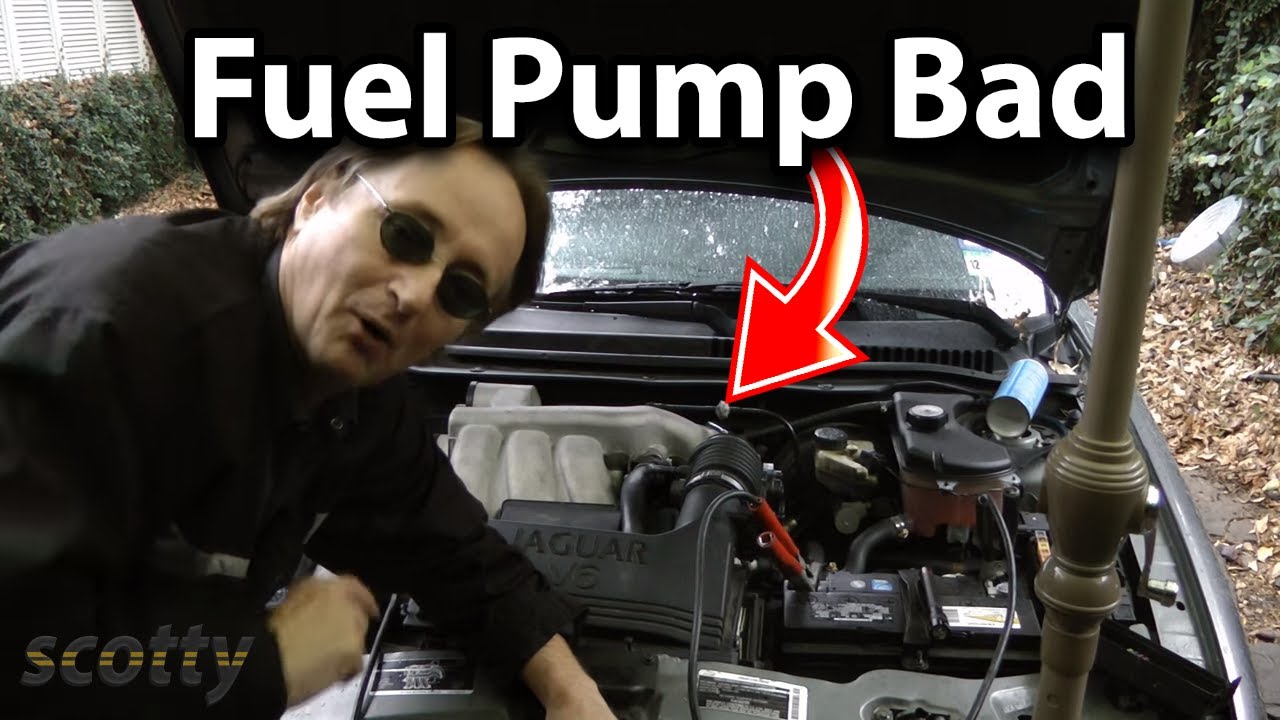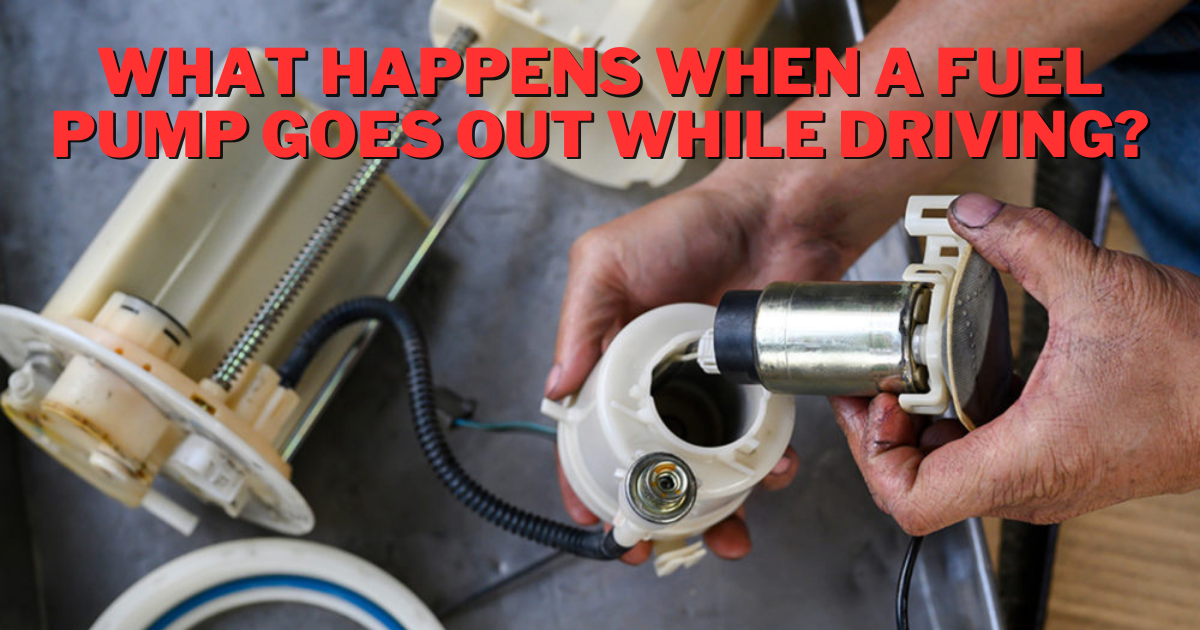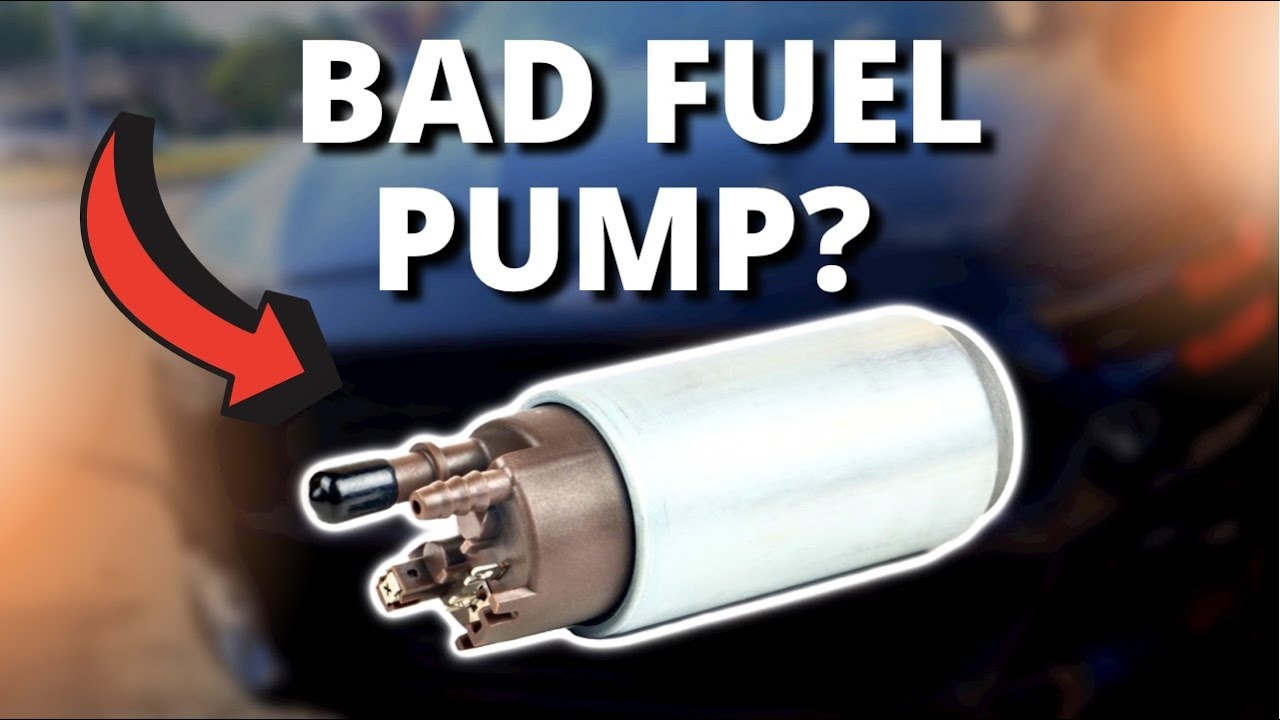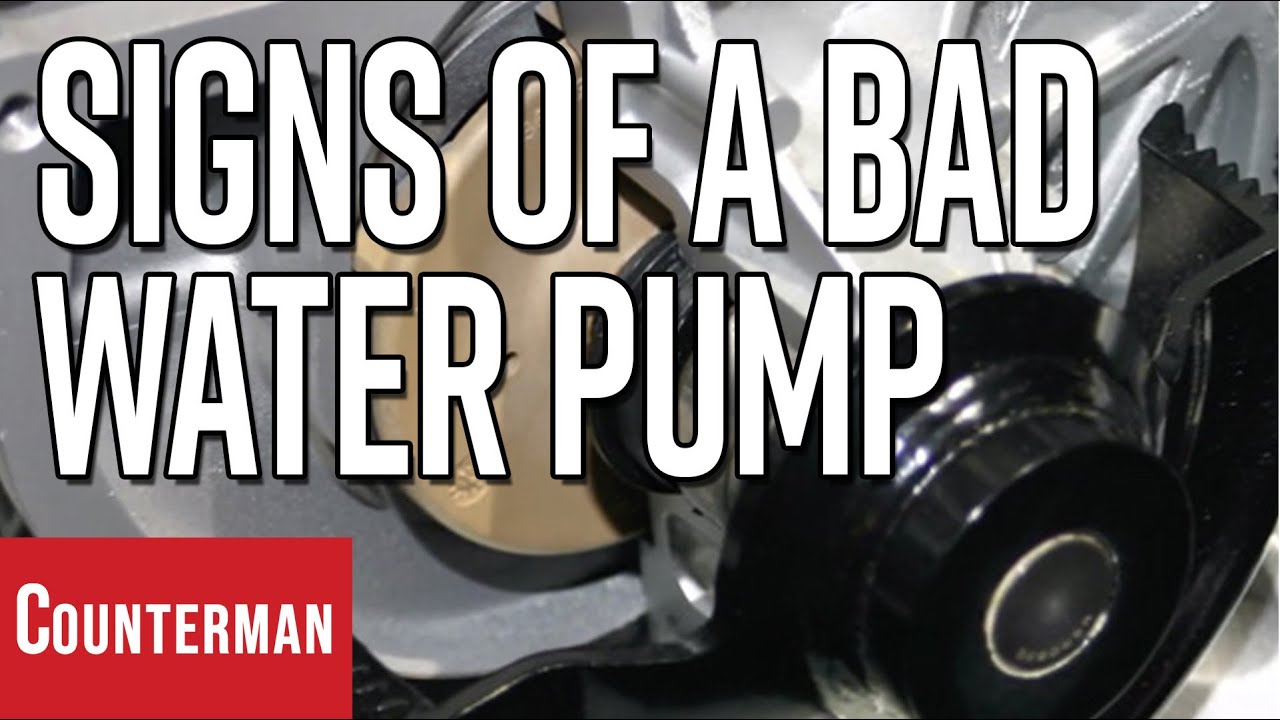Imagine this: You’re running late for work, hop in your car, turn the key, and… nothing. Just a sad clicking sound and a complete lack of engine. The day has officially ended in a climax.
Now, there could be a myriad of reasons behind a car refusing to start, but one frequently overlooked culprit is the fuel pump.
Common Signs of a Faulty Fuel Pump
A faulty fuel pump can prevent your car from getting the necessary fuel to run. Here’s how to tell if the fuel pump is bad in your car:
1. Cranking Issues: If your car cranks without starting or stalls intermittently, it could be a telltale sign of a malfunctioning fuel pump. Don’t ignore these warning signals.
2. Fuse Inspection: Start by checking the fuses. Ensure the fuel pump fuse isn’t blown, and continuous metal in fuses is a positive sign. A simple yet crucial step in your diagnostic process.
3. Testing Voltage: To verify the health of your fuel pump, test the voltage on both the power and ground wires. It’s a straightforward method to ensure your fuel pump is receiving the power it needs.
4. Fuel Pressure Gauge Checker: For a conclusive test, use a fuel pressure gauge checker on the fuel test pressure port. Zero pressure indicates a non-functional fuel pump, necessitating immediate attention.
In some cars, like Jaguars, replacing the fuel pump can be a complex and expensive task, often costing around $1,000. Consider specialized help for intricate repairs, especially for Jaguars, to avoid extensive disassembly and potential complications.
The Bottom Line
In conclusion, if you suspect your fuel pump is bad, follow these steps to diagnose the problem. If you’re not comfortable doing it yourself, consider taking your car to a professional mechanic. A faulty fuel pump can cause significant problems, and it’s essential to address the issue promptly.
FAQs
Q 1: Can a bad fuel pump cause a car to not start?
A: Yes, a bad fuel pump can prevent your car from getting the necessary fuel to start.
Q 2: How do I know if my fuel pump is bad?
A: Look for signs such as difficulty starting the car, stalling, power surges, reduced fuel efficiency, and unusual noises from the gas tank.
Q 3: How much does it cost to replace a fuel pump?
A: The cost to replace a fuel pump ranges from $200 to $1,250 or more depending on the vehicle and the fuel pump style.
Q 4: Can I drive with a bad fuel pump?
A: It’s not recommended to drive with a bad fuel pump as it can cause significant problems and may lead to more expensive repairs.
Q 5: How long does a fuel pump last?
A: The fuel pump should last for several years, and possibly even the vehicle’s whole lifespan. However, if you’re experiencing problems with starting, reliability, or performance, it might be time to diagnose and replace the fuel pump.




